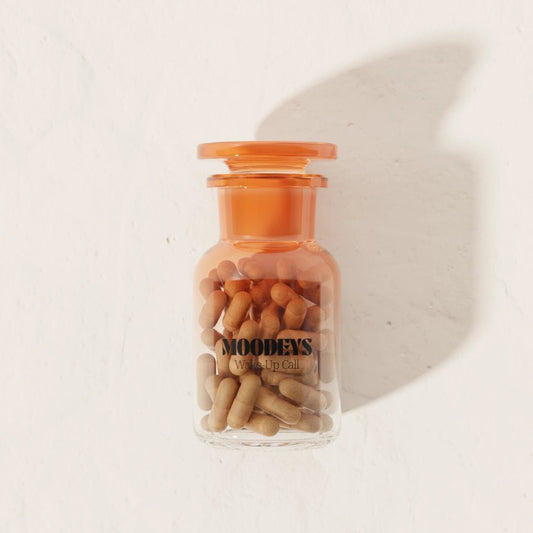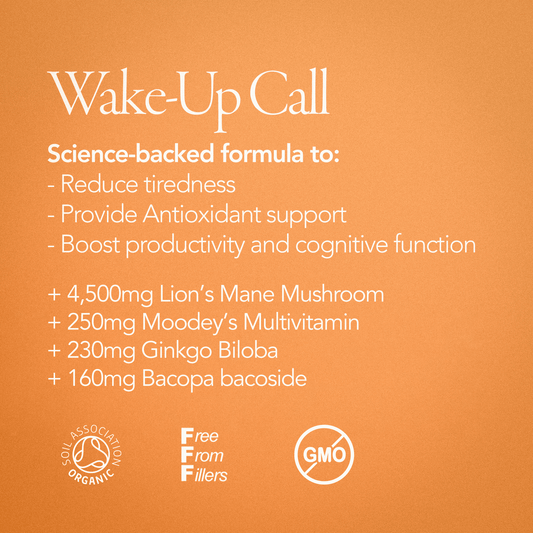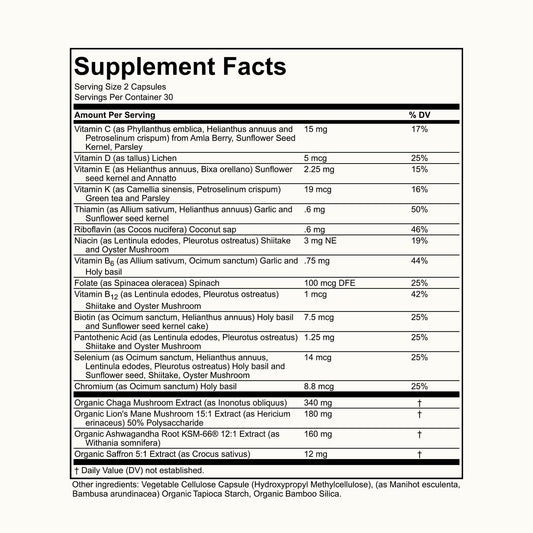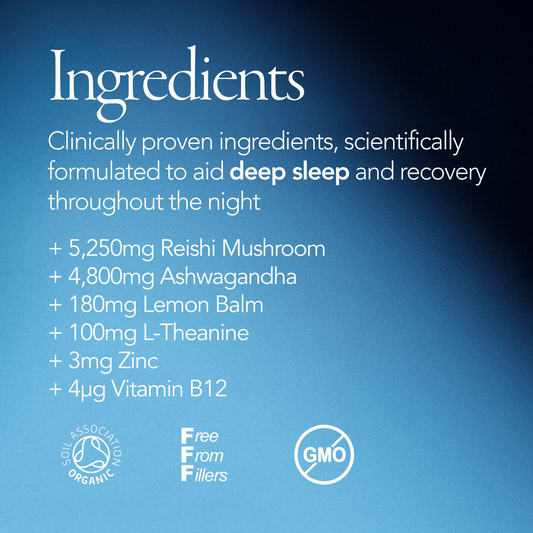
Exploring the Best Sources of Vitamin B12
Vitamin B12 is an essential nutrient that plays a crucial role in various bodily functions. These functions include the formation of red blood cells, DNA synthesis, and maintaining nerve function. However, unlike some other vitamins, our bodies don’t produce B12, so we need it in our diet.
This article delves into the best sources of vitamin B12. We look at its importance, and how to ensure you get an adequate dose of this vital nutrient.
The Importance of Vitamin B12
Vitamin B12, also known as cobalamin, is indispensable for maintaining healthy red blood cells and nerve function. It also helps in DNA synthesis, which is crucial for cell division and growth. A deficiency in vitamin B12 can lead to several health problems, including pernicious anemia. This is a condition where the body cannot produce enough healthy red blood cells due to the lack of vitamin B12.
Dangerous of B12 Deficiency
This deficiency is particularly concerning for older adults and people with dietary restrictions, such as vegetarians and vegans. These individuals might not get enough vitamin B12 from their diets. Understanding the sources of vitamin B12 and how to incorporate them into your diet is essential. Without it they may not be maintaining optimal health.
The Best Sources of Vitamin B12
When it comes to obtaining vitamin B12, the primary sources are animal products. However, there are also fortified foods available that can help meet your nutritional needs. This is especially useful if you follow a vegan or vegetarian diet. Here are some of the best sources of vitamin B12:
1. Animal Products
- Meats: One of the richest sources of vitamin B12 is meat, particularly organ meats like liver and kidney. Beef liver is especially high in vitamin B12. It provides a significant amount of the daily recommended intake in just one serving.
- Poultry: Chicken and turkey are also good sources of vitamin B12, though in lesser amounts than red meat.
- Fish: Certain fish, such as rainbow trout, salmon, and tuna, are excellent sources of vitamin B12. Rainbow trout, in particular, has high vitamin B12 content. It is a great option for those who enjoy seafood.
- Dairy Products: Dairy products like milk, cheese, and yoghurt are rich in calcium but also good sources of vitamin B12. Including these in your diet can help ensure you get enough of this essential nutrient.
2. Fortified Foods
- Fortified Cereals: For those who do not consume animal products, fortified cereals can help. They provide an important source of vitamin B12. Many breakfast cereals add vitamin B12 and other essential nutrients. This makes them a convenient option for vegetarians and vegans.
- Fortified Plant-Based Milks: Plant-based milks, such as almond, soy, or oat milk, often add vitamin B12. Check the labels to ensure you're choosing a product that offers a significant dose of vitamin B12.
- Nutritional Yeast: Nutritional yeast is a popular food product among vegans. This is because it is often fortified with vitamin B12. It has a cheesy flavour and you can sprinkle it on popcorn, pasta, or incorporate into sauces. This makes it a versatile addition to a vegan diet.
Vitamin B12 and Different Age Groups
As people age, their ability to absorb vitamin B12 decreases. This is particularly true for older adults, who may have a reduced amount of stomach acid. The stomach acid is necessary to release vitamin B12 from food. Therefore, older people are at a higher risk of vitamin B12 deficiency. They therefore may require a higher dose of vitamin B12 through supplements or fortified foods.
Older Adults and Vitamin B12:
For older adults, it’s crucial to monitor vitamin B12 levels regularly. A high dose of vitamin B12 supplements might be necessary if dietary intake is insufficient. We always recommend consulting a healthcare provider to determine the appropriate dose based on individual needs.
The Challenges for Vegetarians and Vegans
One of the significant challenges for vegetarians and vegans is obtaining enough vitamin B12. This is because B12 predominantly is in animal products. Those who do not eat meat, dairy, or other animal-derived foods must be mindful of their vitamin B12 intake.
Vegan Diets and Vitamin B12:
Vegans, in particular, should rely on fortified foods, such as fortified cereals, plant-based milks, and nutritional yeast. This will help to support them in meeting their vitamin B12 requirements. Additionally, taking a vitamin B12 supplement may be necessary to prevent deficiency.
The Role of Supplements:
For both vegetarians and vegans, vitamin B12 supplements are often recommended. These supplements can come in various forms, including tablets, sublingual (under the tongue) tablets, and even vitamin B12 injections. However, injections are typically for those with severe deficiencies or absorption issues.
Health Conditions Related to Vitamin B12 Deficiency
A deficiency in vitamin B12 can lead to various health problems, some of which can be severe if left untreated. One of the most serious conditions associated with vitamin B12 deficiency is pernicious anemia. This autoimmune condition occurs when the body cannot absorb vitamin B12 from the gastrointestinal tract. This is due to a lack of intrinsic factor, a protein needed for B12 absorption.
Pernicious Anemia:
Pernicious anemia can cause symptoms such as fatigue, weakness, memory loss, and even neurological issues. Health care providers will typically treat this with high doses of vitamin B12. Usually through injections or high-dose oral supplements, to bypass the absorption problem.
Other Health Concerns:
In addition to anemia, a deficiency in vitamin B12 can lead to other issues. These can include nerve damage, cognitive difficulties, and increased homocysteine levels. Homocysteine levels have links with an elevated risk of cardiovascular diseases.
Ensuring Adequate Vitamin B12 Intake
To ensure you’re getting enough vitamin B12, you should include a variety of good sources in your diet. Particularly if you follow a vegetarian or vegan diet. Here are some tips to help you maintain adequate vitamin B12 levels:
Incorporate Animal Products:
If you eat meat, include a variety of animal products in your diet, such as meats, poultry, fish, and dairy products. These are the most reliable sources of vitamin B12.
Choose Fortified Foods:
If you’re vegetarian or vegan, make sure to include a variety of sources. These can include fortified foods like fortified cereals, plant-based milks, and nutritional yeast in your daily diet. These can help bridge the gap in your vitamin B12 intake.
Consider Supplements:
If you’re concerned about not getting enough vitamin B12 from your diet, consider taking a supplement. This is particularly important for older adults, vegetarians, and vegans, who are at a higher risk of deficiency.
Regular Testing:
Regularly check your vitamin B12 levels, especially if you’re at risk of deficiency. This can help detect any issues early and allow for timely intervention. Such as increasing your intake of fortified foods or starting a supplement regimen.
Conclusion
Vitamin B12 is a vital nutrient that plays a key role in maintaining overall health. This is particularly true in the production of red blood cells and nerve function. While animal products are the most common sources of vitamin B12, there are other sources. These include fortified foods and supplements provide essential alternatives for vegetarians, vegans, and older adults.
By understanding the importance of vitamin B12 and incorporating a variety of sources into your diet, you can ensure that you meet your nutritional needs and maintain optimal health.





